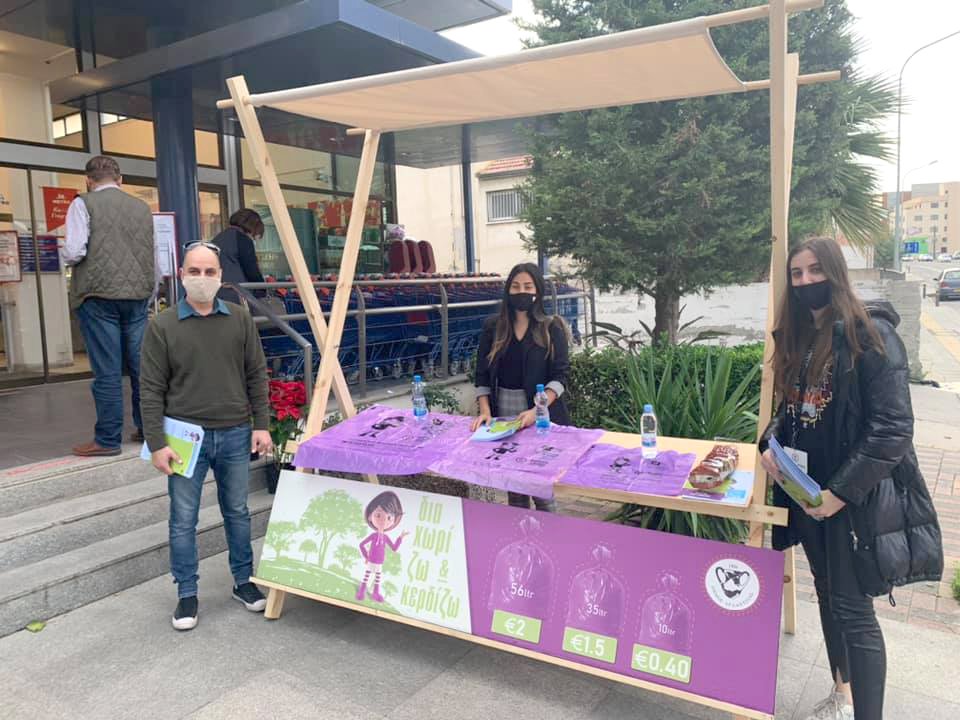A ‘pay-as-you-throw’ system, designed to promote recycling and reduce waste, will make Cyprus greener and save people money, Green party MP Charalambos Theopemptou told the Cyprus Mail on Friday.
But how will it work, what will change, and which issues remain unresolved?
The legislation covering such a scheme was passed on Thursday as it is required for Cyprus to do so to tap into the lucrative EU Cohesion Fund. There are still further bills which must be approved, and that could take months, as they currently have no clear timeline.
The programme seeks to incentivise less waste, meaning that throwing out less will lead to lower costs for households.
As it stands, there will no longer be an annual rubbish collection fee. Currently each residence pays such a fee regardless of how much rubbish they produce, and whether the residence is lived in or not.
Instead, households are set to purchase municipality issued rubbish bags and will be pay less overall should they produce less waste.
These bags will cost considerably more than the conventional ones at your local supermarket – that’s where the incentives kick in, prompting consumers to recycle their household items at other collection points. The more you recycle, the fewer rubbish bags you’ll have to buy.
The number of bags purchased can be reduced by sorting other goods and dropping them off at designated green points.
And while parliament passed the legislation which tweaks the Waste Law, Theopemptou said there are still outstanding bills which must be passed to bring the whole programme into action.
That, he said, could take a few months – particularly as most parliamentarians and committees are now focused on budget debates.
He also explained that there are still issues which need to be ironed out.
Theopemptou gave the example of apartment buildings, where it is unclear as to how a situation will be resolved should one of the residents put recyclables and other rubbish in the same bag – who then, will receive a fine?
“Apartment buildings are the biggest issue in such a system,” he told the Cyprus Mail.
If there are, say, 20 residents in a building – how will it be determined which of the 20 people failed to correctly recycle their items?
MPs are likely to look towards Aglandjia municipality in Nicosia for inspiration, as it has been running the programme since January 2020, but it has encountered significant issues. The bags there cost €2 each.
A key sticking point has been that of food waste, as it is not prohibited from being placed within the same bag as recyclable goods.
This is an issue which is likely to be encountered across the rest of the island, as there is an ongoing tussle as to who should be responsible for food waste – which Theopemptou tells us can contribute as much as 50 per cent of a household’s rubbish per bag.
Some have argued that it can be handled and separated at the recycling plant, with others saying that mixing the two drastically reduces the efficiency of recycling – and should therefore be separated by the households themselves.
It is hoped that as Aglandjia was first to adopt such a programme, lessons can be learned from the problems that it encountered.







Click here to change your cookie preferences